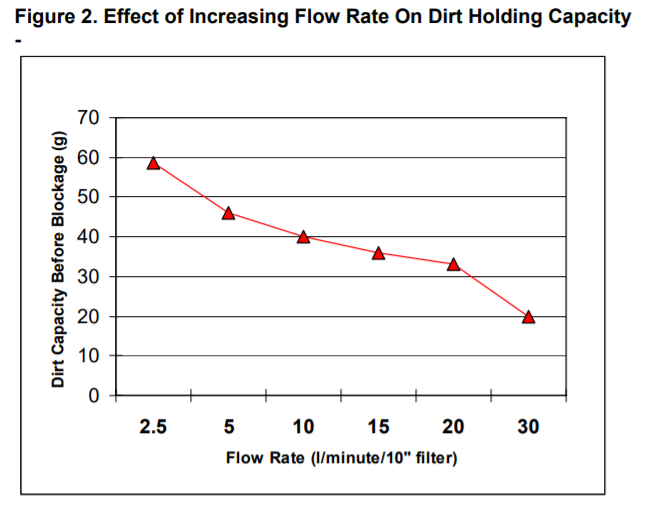Filtration systems are an essential part of the production process. Quality filtration technology supports production by keeping operations running smoothly, minimising downtime, and ensuring the quality of your final product. But all too often these systems aren't set up as well as they should be, which can cause significant disruption and lead to overspending in the long run.
Here are three common symptoms of a poor filtration system and how they can impact your production processes.
3 ways poor filtration affects production
An ineffective filtration system can impact your bottom line, reduce process efficiency, and slow production to a crawl. Even though you might not realise it, you could be using a poor filtration system that's driving up costs without delivering optimum results or providing the best value for money.
The three most common filtration problems are:
- Incorrect filter size
- A poorly optimised pre-filtration chain
- Wrong specification filter
Here's why these three filtration problems can be detrimental to the production process.
1. Sizing
Size is one of the most important considerations when selecting a filter. A common issue in production is clients opting to install a smaller filter due to their lower upfront cost.
But while smaller filters are cheaper, they block a lot faster and will often struggle to get a full batch of product through the system. This means you'll spend up to five times more in the long run, as they'll have to be replaced more frequently than a larger, correctly sized filter.

Plus, if you opt for a low number of cartridges for your process flow rate, the lifespan of your system will be a lot shorter than expected. Aside from slowing down production, this will result in a high usage of filter cartridges, which will increase overall filtration costs and reduce process efficiency.
Working with a manufacturer that can provide bespoke filtration solutions will ensure that you get the most out of your filtration system. By correctly sizing filters in the first instance, you can save considerable costs in the long run.
2. Pre-filtration
The pre-filtration chain is a crucial part of the filtration process. But all too often it's incorrectly optimised, which can limit the longevity of your final filter.
For example, if your pre-filtration system isn't set up effectively, then this can put immense pressure on your final filters and force them to do the bulk of the work. This can be incredibly expensive and even cause production to stop mid-batch if you run into issues with the main filter.
Your pre-filtration system must be correctly sized and optimised to ensure the main filter lasts longer and doesn't degrade too quickly. To ensure you get it right, you need to know what's working and what isn't. The right filter manufacturer will be able to undertake a filterability study on your filtration system and provide recommendations so you can get the most out of your setup.
It's crucial you make the right choice, so don't settle for a poor filtration system that isn't properly optimised for your processes.
3. Specification
When you choose a filter, you need to consider what you're trying to achieve. Your filter needs to match the product quality that you're aiming for.
Over-specifying a filter will result in additional costs of production due to increased filter usage, while under-specifying can result in additional costs due to rework, customer recalls, and more. So, it's important to get the specification right from the start.
If you just need a filter to remove some of the particulate, then a supporting nominal filter may be the best option. Likewise, if you need a larger, more efficient filter, an absolute filter is probably the best option. Getting a filter to your exact standards and specific requirements is the best way to achieve maximum performance at the lowest cost.
Avoid disruption with an experienced filtration partner
Working with an experienced filtration partner will ensure your filters are correctly sized, optimised, and to the specifications you require. This helps you avoid the biggest filtration problems that many manufacturers encounter.
At Amazon Filters, we’ve been designing, manufacturing, and installing innovative filter solutions for over 35 years. To find out how we can help you with your process filtration challenges, get in touch.

